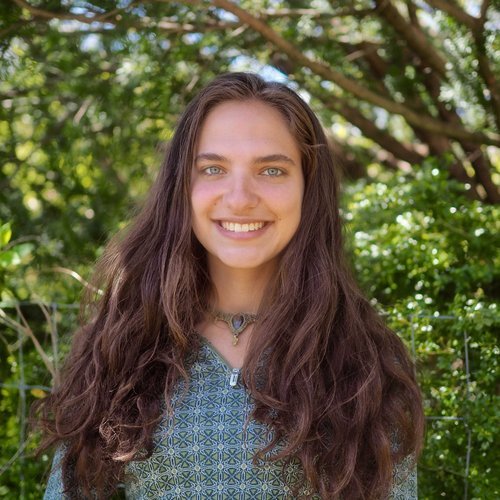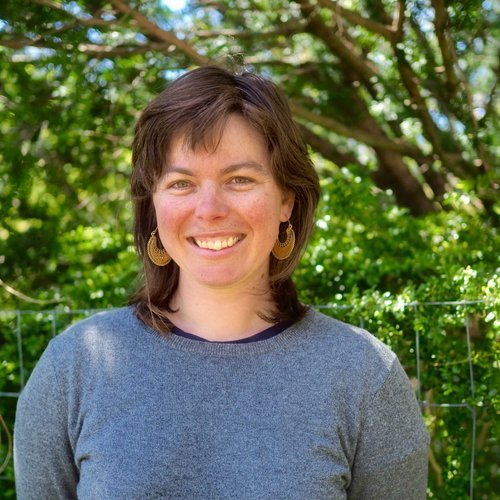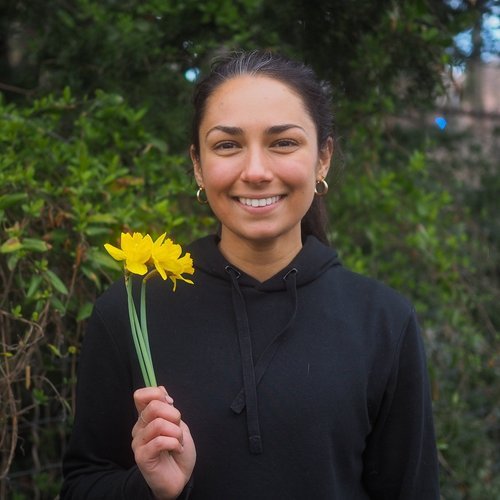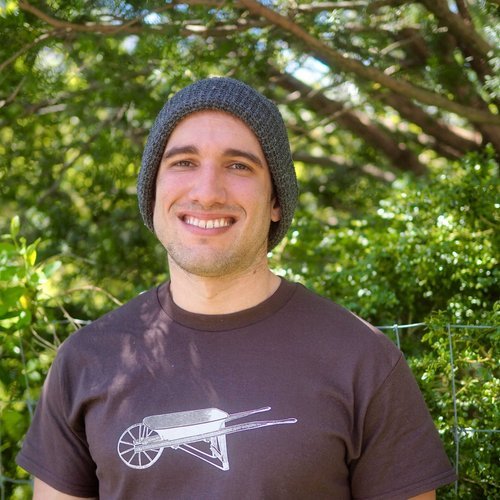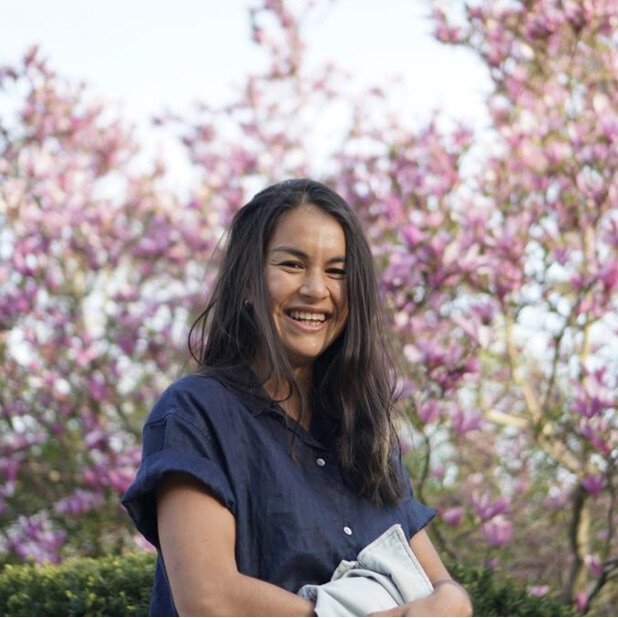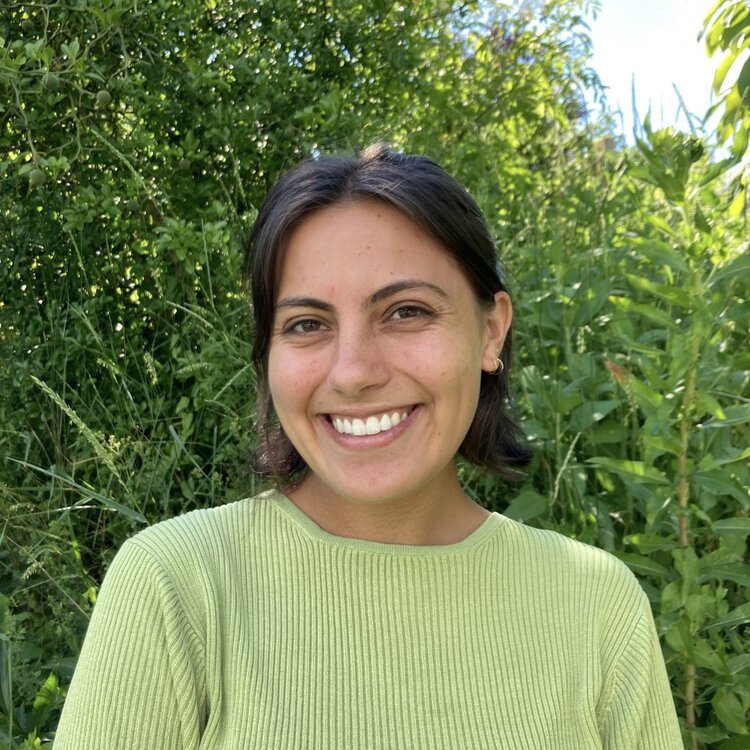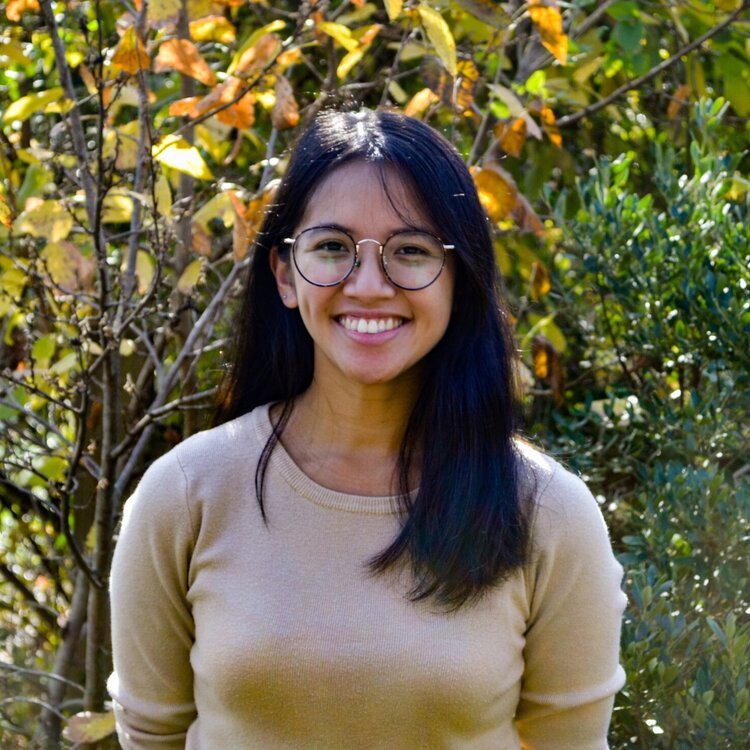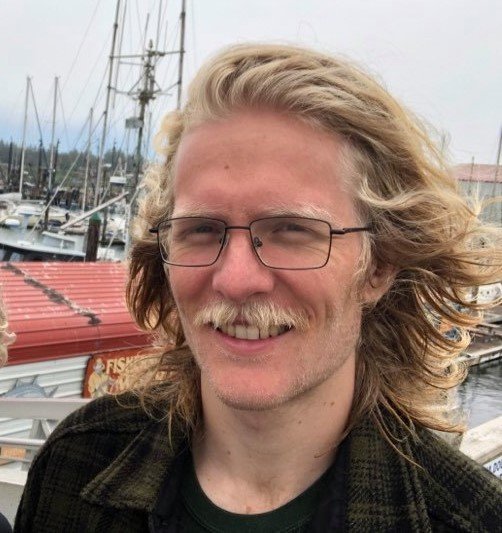Global Food Fellowships
The Global Food Fellowship sponsors the academic and extracurricular study of food systems beyond Yale University’s campus. It offers the opportunity to bring place-based practice and participant observation into examining multiple levels of food systems.
All Global Food Fellowships should be grounded in a guiding question, which seeks to explore ideas that could overturn the ecological, social and economic deficiencies of today’s predominant food systems. Inquiries should engage critically with approach and methodology, reflect upon the student’s positioning in the research, acknowledge the context-dependency of the place and topic, and prioritize “principles over recipes” for food systems solutions.
Recipients are required to write a reflective post for Voices and present their work as a part of the YSFP’s knead 2 know series. All fellowships come with mentorship and support from YSFP staff and our extended community of friends and alumni.
All Yale undergraduate and graduate students, including graduating seniors, are welcome to apply. To do so, please search “Global Food Fellowship” in the Yale Center for International and Professional Experience Student Grants Database.
Required materials include:
Completed essay and short answer questions
Resumé
Letter of support
Two references
Budget
Applications for the 2024 cycle open Monday, January 1 and are due Tuesday, March 5, 2024 at 9:00 am.
Have some questions? Check out this recording of our summer experience meeting from 2022. Sign up for a meeting with the Fellowships administrator, Jacquie Munno or send an email to jacqueline.munno@yale.edu.
There are two types of awards:
independent award
Interested students should propose a plan of study, research or internship project which is based in place and in service to existing food-related efforts. Students are responsible for creating and maintaining partnerships with their host organization(s) and should be prepared to work independently. Award amounts and lengths of stay will vary based on the students projected budget. Applicants are encouraged to seek alternative funding sources to support their expenses. Open to all Yale students; multiple awardees.
O’Donohue Family Fellowship award
This award supports one Yale undergraduate in an exchange with the O’Donohue Family Stanford Educational Farm at Stanford University in California. This partnership can act as a gateway to an independent study, answer a research question, help guide food and agriculture in to their course of academic study, or simply satisfy a personal interest. The Fellow will be supported by staff members from both Yale and Stanford. The position runs from June - August, Tuesday-Saturday. Open to all Yale students; one awardee.
Priority will be given to projects that:
engage with a non-Yale community partner, and works with them to ensure the project meets an identified need
allow opportunity for hands-on, embodied practice
could support a long-term sustainable food career goal
connect with a curricular interest at Yale
are place-based, contextualized, and applied in a way that is conscientious of one’s own position
Meet the 2023 Global Food Fellows:
Global Food Fellow Alumni
Global Food Fellow Alumni
2023
Grace Cajski, Yale College, “The Stewards and Residents of Anchialine Pools: Storytelling as a tool for marine conservation, through the lens of nearshore subterranean pools” (Hawaiʻi)
Kavya Jain, Yale College, “Meals as Sites of Poetic and Political Imagination” (New Mexico)
Thalsa-Thiziri Mekaouche, Yale College, “Internship with EcoPeace Middle East in Amman, Jordan: Sustainable Food Systems in the Jordan Valley” (Jordan)
Bea Portela, Yale College, “Deconstructing Farmworkers' Invisibility in the U.S. Food System: A Case Study in the American South” (Tennessee)
Mao Shiotsu, Yale College, “Sustainable Fine Dining” (Japan)
Lawrence Tang, Yale College, “Transnational Gastronomical Histories of Latin American Chinatowns” (Argentina)
PwintPhyu Nandar, School of Environment, “We are what we (can) eat? - Exploring local & cultural foodways in Greater New Haven” (Connecticut)
Anika Reynar, School of Environment and Divinity School, “Faith and Farming practices amongst Canadian Mennonite Farmers” (California)
2022
Diego Ellis Soto, Ecology & Evolutionary Biology, Birdsong Project on the Yale Farm (Connecticut)
Camilla Ledezma, Yale College, Spanish Cattle Raising, Colonial Violence, and Human-Animal Relations (Spain)
Daviana Berkowitz-Sklar, Yale College, Incorporating fisher ecological knowledge into fishery studies: A case study from a Costa Rica recreational billfish fishery (Costa Rica)
Destiny Treloar, School of Environment, COVID-19 and Emergency Food Justice: Understanding chronically food insecure Latina/x women’s relationship with urban emergency food access in Hialeah, Florida (Florida)
Ismini Ethridge, School of Environment, Socioeconomic trends of Traditional Home Gardens in Pitekele, Sri Lanka (Sri Lanka)
Storm Lewis, School of Environment, Food Sovereignty in Urban Environments: A Case Study of Brooklyn, New York (New York)
Katie Michels, School of Environment, Stories from the Ground Up: Vermont Farmers' Land Ethics (Vermont)
Miguel Gaydosh, School of Art, All Pib Slow Play (Connecticut)
2021
Kayley Estoesta, Yale College, Sweet Water Foundation Urban Ecology Global Fellow Program (Illinois)
Savannah Crichton, Yale College, The Anti Chop Salad (Connecticut)
Grace Cajski, Yale College, Talking Story: how Hawaii's modern aquaculturists discovered a solution to the future in their past (Hawaiʻi)
Sappho Gilbert, School of Public Health, Acquiring & Incorporating Social Dimensions of Food & Nutritional Security in the Canadian Arctic (Canada)
Forest Abbott-Lum, School of Environment, Building an equitable food system for New Haven from procurement to composting (Connecticut)
Logan Emlet, School of Environment, Barley a la Bikas: Gastro-political Ecology and Food System Change in Dolpo, Nepal (Nepal)
Gavi Welbel, Yale College, Food & Faith at Zumwalt Acres (Illinois)
Brendan Campbell, Yale College, Food & Faith at Zumwalt Acres (Illinois)
2020
Charlotte Emerson, Yale College, O'Donohue Fellowship: Fermentation (Remote)
2019
Addee Kim, Yale College, Internship with the Working Lands Alliance (Connecticut)
Connor Reed, Yale College, Internship exploring urban agriculture consulting with Agritecture (New York)
Sol Thompson, Yale College, An Introspective Study of Australia's Drought (Australia)
Emily Sigman, School of Environment, Fruits of their Labor: Agroforestry, Migration, and Climate Change in Russia (Russia)
Emily Tucker, School of Environment, Internship, UN Food and Agriculture Organization/Global Environment Facility: Creating a Network of Nationally Important Agricultural Heritage Sites (Chile)
Jenna Davis, School of Environment, The Persuasion of Climate Change Perceptions in Agricultural Practices: A case study from Zambia (Zambia)
Gabriela Morales-Nienves, School of Environment, Evaluating the Performance of Fruit Tree Species Under a Novel Forest Canopy in Western Puerto Rico (Puerto Rico)
Colin Korst, School of Environment, Industrial Inputs, Traditional Knowledge: Contested Agrarian Futures in a Modernizing Ghana (Ghana)
Mickhale Green, School of Environment, Knowledge Exchange and Food Sovereignty Opportunities in the African Diaspora (Ghana)
2018
Hannah Hauptman, Yale College, Archival Research on the South Cuba Sponge Fishery (1890-1930) for History Senior Essay (Cuba)
Lauren Kim, Yale College, A gap year with Landesa in China and India: Economic and social empowerment for women (China/India)
Josh Kimmelman, Yale College, Internship with Mater Iniciativa (Peru)
Julia Mankoff, Yale College, Washington State University Bread Lab Internship (Washington)
Alexandra Deprez, Yale College, Building a French Agrarian Climate Movement: The Confédération Paysanne Response to Climate Change? (France)
Jane Dai, School of Public Health, Eating Behavior in Female School Teachers in Malaysia (Malaysia)
Sara Santiago, Yale College, Post-Maria Recovery: Puerto Rico's opportunity to build resilient agriculture borrowing from Cuba's agroecology practices (Puerto Rico)
Marissa Medici, Yale College, Archimedes Rice: Points of Entry into US Rice Markets (Italy)
Nina Campbell, Yale College, New Haven Food Fellow at the Land Trust (Connecticut)
Gavriel Cutipa-Zorn, American Studies, Soul Fire Farm Weeklong Training (New York)
Kapiolani Laronal, Staff, Conference travel related to the NACC-YSFP Three Sisters collaboration (Hawaiʻi)
2017
Kate Anstreicher, Yale College, Wild Foods – Vild MAD @ NOMA (Denmark)
Connor Reed, Yale College, School for Field Studies: Eastern Himalayan Forests and Rural Livelihoods, Bhutan (Bhutan)
Yasamin Sharifi, Yale College, Health outcomes of women and children in Syrian refugee camps (Connecticut)
Bruni Pizarro, School of Environment, Beyond the Food Desert Horizon: Cultivating Puerto Rican Cultural Knowledge and Reclaiming Agency in the Food System (in conjunction with Amelia Reese Masterson, Executive Director of CitySeed) (Connecticut)
Lenka Lazo Ludena, School of Environment, Assessing women and children’s perspectives on food security, community resilience and climate change in Northern Namibia: Ohangwena and Oshikoto regions (Namibia)
Emily Farr, School of Environment, Is Local Ecological Knowledge a Function of Access to Marine Resources? Developing and Assessing a Method to Analyze the Effects of Access on Local Ecological Knowledge of Commercial Fishermen (Maine)
2016
Abdel Morsey, Yale College, Stickershop Collective; restaurant pop-ups and a culinary study of Japanese cuisine with Shin Takagi (Japan)
Abigail Cheskis, Yale College, Food as Lens for Climate Change Awareness and Action (Colorado)
Sarah Gross, Yale College, Establishing a Garden at Seeds of Peace (Maine)
Perry Holmes, Yale College, MAD Internship (Denmark)
Anna Lipin, Yale College, Women in American Restaurants (USA)
Emma Poole, Yale College, MAD Internship (Denmark)
Ryan Simpson, Yale College, National Parks Board of Singapore Center for Urban Greenery and Ecology Research Intern (Singapore)
Rebecca Gildiner, School of Environment, Examining food supply chains at IKEA (Sweden)
Kristina Arakelyan, European & Russian Studies, Nutrition education and sex trafficking in Serbia (Bosnia)
Tasmin Elboute, Yale College, Internship with Food First, an exploration of sovereign movements (California)
2015
Rafi Bildner, Yale College, Senate Ag Committee (Washington, DC)
Claire Chang, Yale College, Cornell International Institute for Food, Agriculture, and
Development Agrobiodiversity Field Research Course (Ethiopia)Lillian Childress, Yale College, Refrigeration and fermentation (China)
Monica DiLeo, Yale College, FRAC (Washington, DC)
Eamon Heberlin, Yale College, Land Trusts & the Young Farmer: Addressing Barriers to Land Access (Vermont, Wisconsin, California)
William Liang, Yale College, MSSRF GMO Research (India)
Ruoxi Yu, Yale College, Gringa Dairy (London)
Cara Donovan, School of Public Health, Indigenous Crop Nutrition (Bolivia)
Michael Meehan, School of Environment, NRCS Land Access for Farmers (New York)
2014
Alder Keleman, School of Environment, Nutrition of indigenous crops in Cochabamba, Bolivia (Bolivia)
Austin Bryniarski, Yale College, Harvard Food Law Policy Clinic (Massachusetts)
Vivienne Hay, Yale College, Agricultural Development in Peru (Peru)
Jacob Wolf-Sorokin, Yale College, ANSAB Nepal (Nepal)












